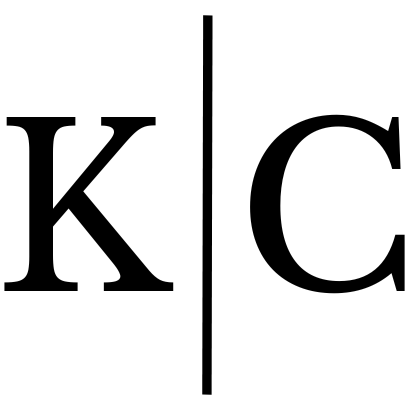How I won the DFJ $250K East Coast Venture Challenge
I had the honor of participating in the DFJ $250K East Coast Venture Challenge yesterday. I presented my startup, Digiceipt, which is a new service to manage your receipts on the web. I was up against some major competition and people have been asking how I won, so here's a stab at it. I'm not an expert, just a passionate entrepreneur. But perhaps I can pass on a few lessons about how to raise seed money.
Don't build a product, solve a problem: Products are great, but investors are looking for a pain point that somebody is begging for a solution to. Don't create a product and figure out how to sell it. Find a problem and figure out how to solve it.
Sell, don't explain: I've heard this a number of times and it's very important, especially if you're a tech company. If they care about technical details, they'll ask. So be prepared to answer those questions, but that's not the crux of your presentation. You're there to sell your solution, sell your team, sell your market, and sell your ability to execute.
Talk to customers: Get out there. Talk to people. Understand the mindset of your future customers. Know what they love, what they hate, and how they behave. When you're asked questions about your customer base, you want to respond with specific feedback you've gotten.
Get coaching: Entrepreneurs are naturally optimistic, confident, and independent. So it may be unnatural to constantly ask for help, but do it! Leading up to the event I talked to over a dozen entrepreneurs, investors, and savvy business people. I got practice fielding all kinds of tough questions. Pitches are easy, but your responses to the VC's questions will make or break you.
Have something to show: There are times when you can get by with just a PowerPoint, but building a prototype does wonders. Having an idea is nice. Showing that you can execute on it is key.
Know the end game: Some people will argue this one, but I believe it helps to have a well-defined revenue model and potential exit strategies. It also helps to know exactly what you will do with their money (get a finished product, reach first revenue, hit a milestone that helps you raise more money, etc.)
Practice and do your homework: Simple, but phenomenally important. Be an expert on your competitors, your technologies, your potential partners, changes in the marketplace, etc. It makes a difference and the details matter.

